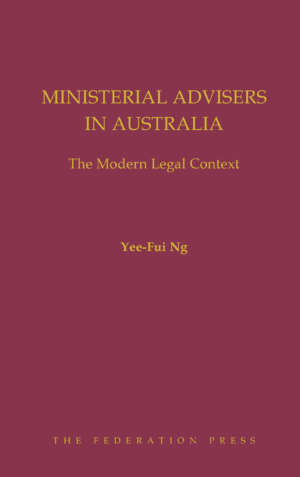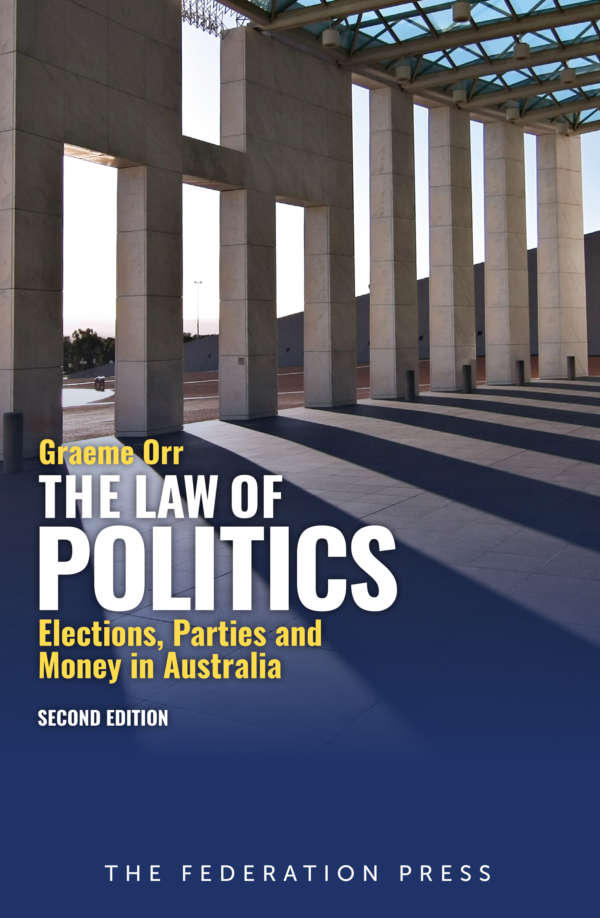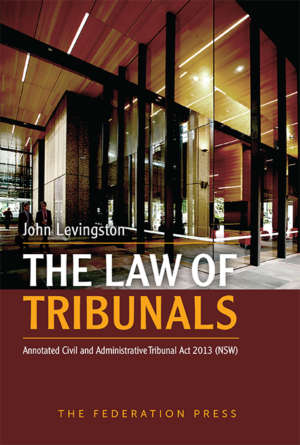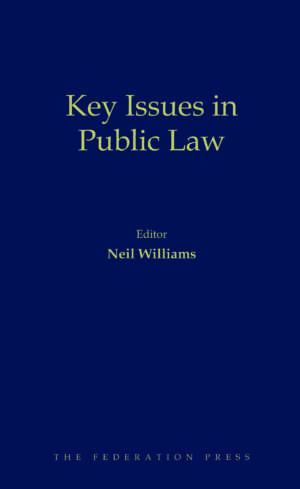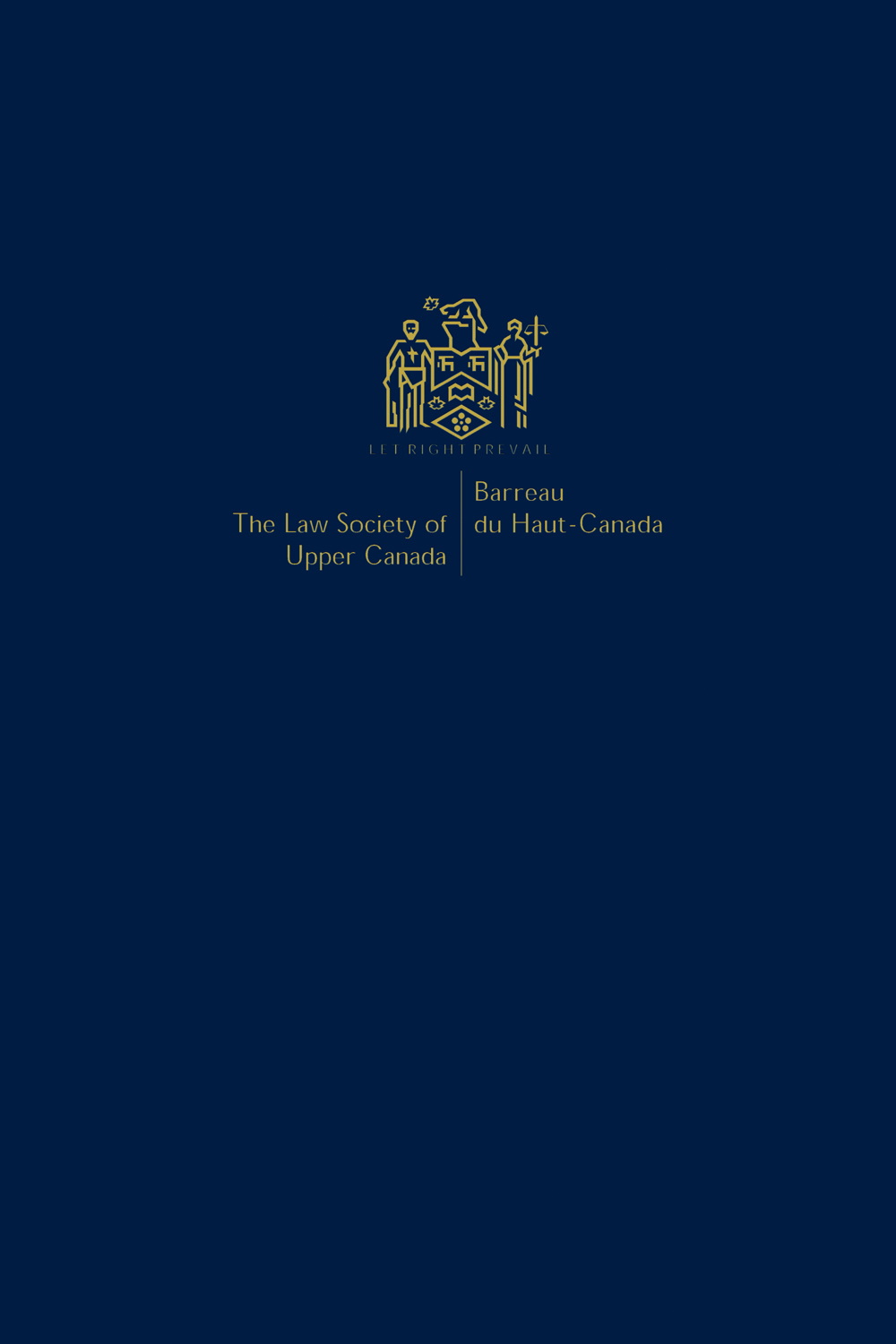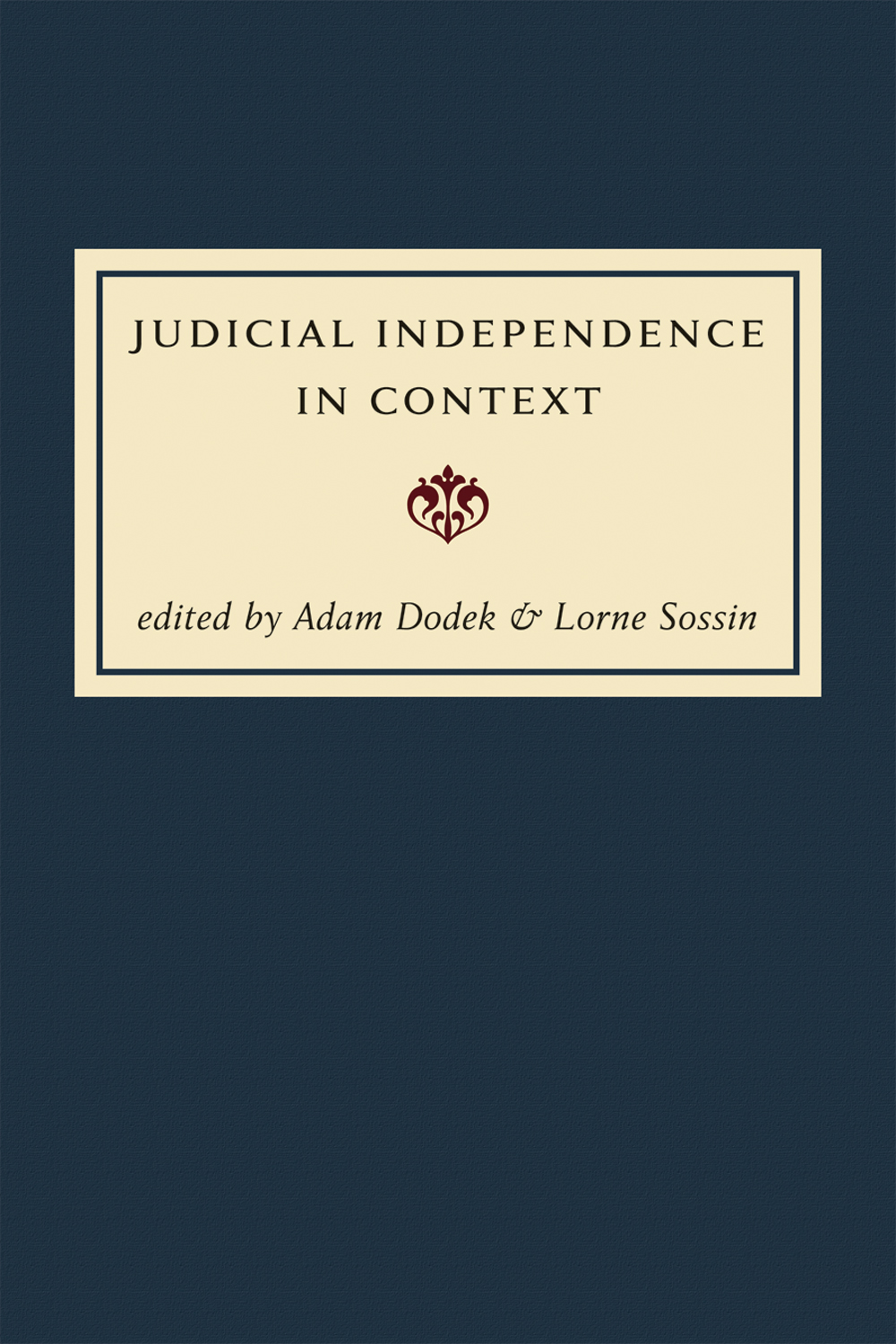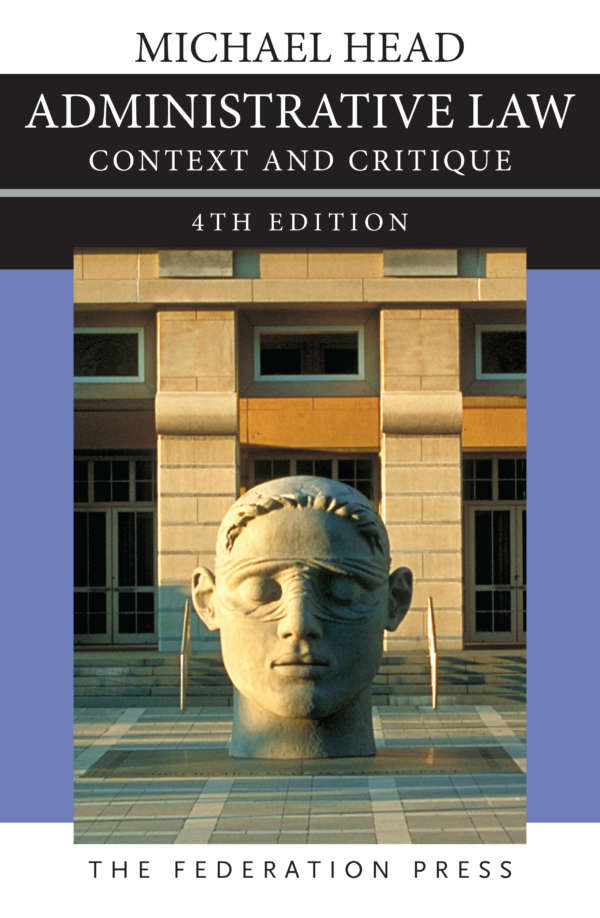Product Description
Fully revised and updated to include the latest administrative law decisions, Douglas and Jones is a leading text on administrative law. Notable for its accessibility and background material, the authorship of the 8th edition has been expanded. Roger Douglas and Professor Michael Head are joined by two other experienced administrative law educators, Yee-Fui Ng and Margaret Hyland.
Key Features of the New Edition:
Full analysis of the High Court’s recent decisions in Forrest & Forrest Pty Ltd v Wilson on invalidity and Graham v Minister for Immigration and Border Protection on judicial review and jurisdictional error.
Chapters on non-judicial review have been revised to take account of the Commonwealth tribunal amalgamations and related developments up to late 2017.
Analysis of the revamped Legislation Act 2003 (Cth) dealing with delegated legislation.
Updated to include every major High Court administrative law case since the 7th edition.
Inclusion of important extracts from High Court rulings, such as Minister for Immigration and Border Protection v WZARH on procedural fairness, Plaintiff M64/2015 v Minister for Immigration and Border Protection on relevant considerations, Wei v Minister for Immigration and Border Protection on jurisdictional error, Argos Pty Ltd v Corbell, Minister for the Environment and Sustainable Development on standing and Minister for Immigration and Citizenship v Li on unreasonableness.


